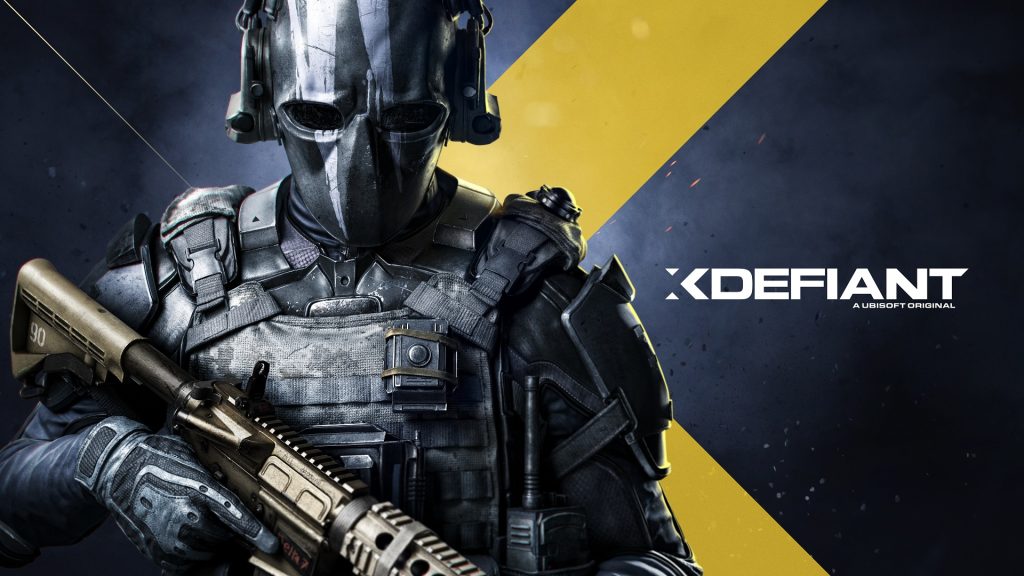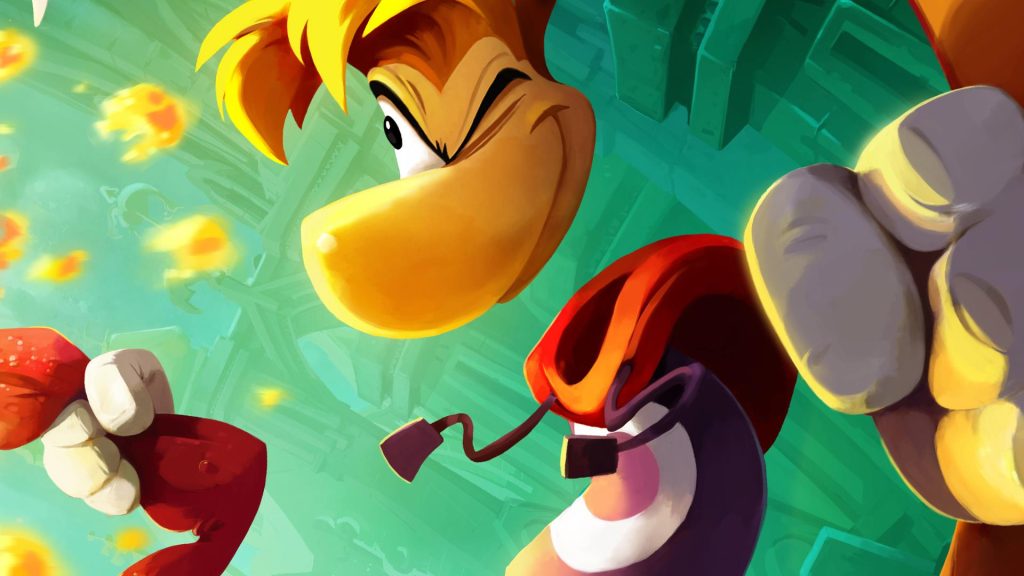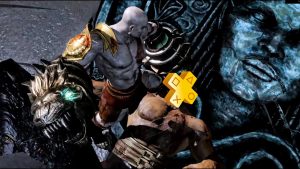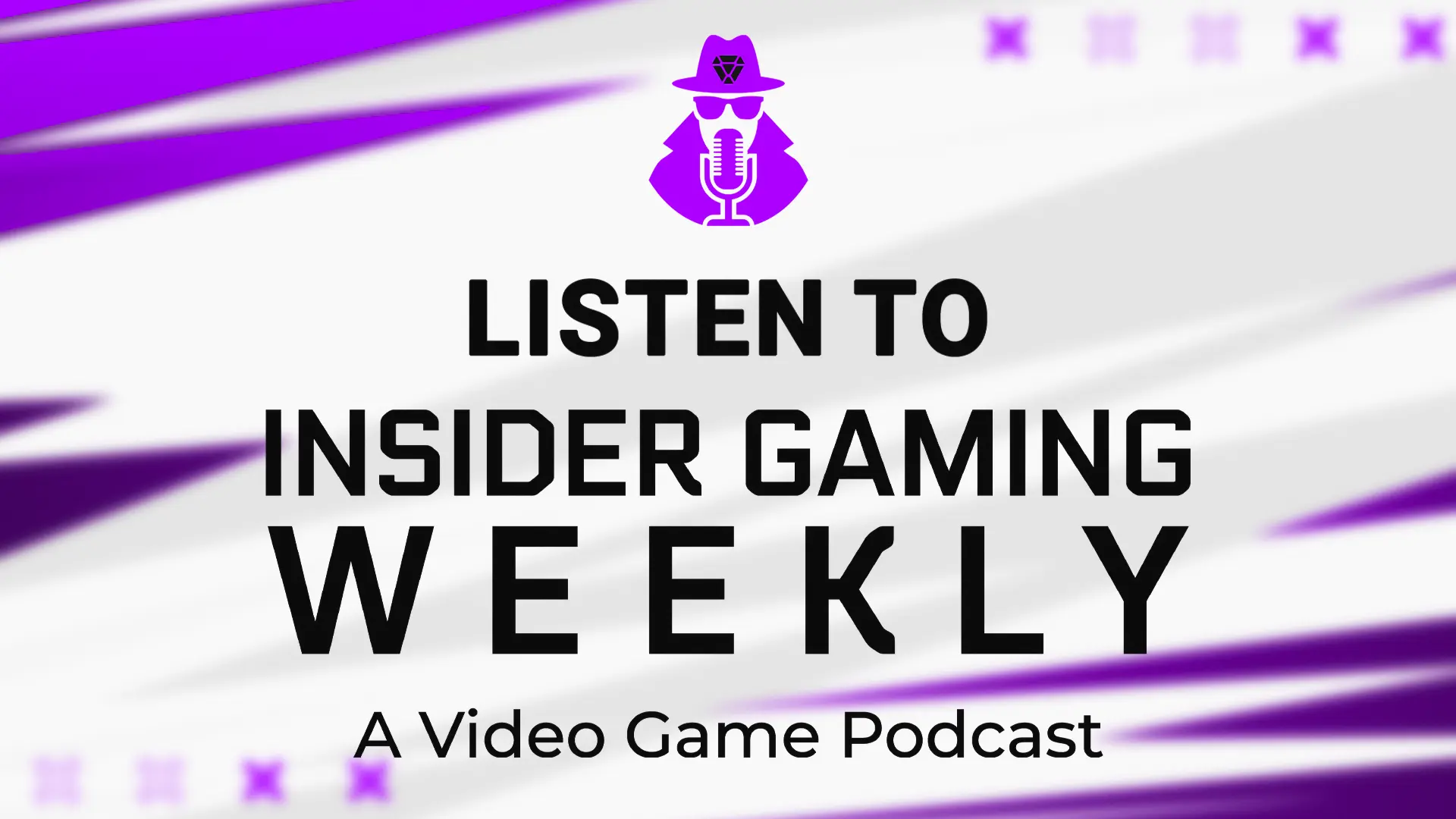2024 was nothing short of a disaster for Ubisoft. In fact, it’s safe to say that it’s had a rough few years. Ubisoft stock has fallen from its February 2021 high of €84.60 to a mere €12.53 at the time of writing. That’s a massive 85% reduction in stock price from its all-time high. To put things into perspective, if you invested $1000 into Ubisoft during its peak, you’d now only be left with $150.
So far, its current fiscal year hasn’t been great either and has seen poor financial results attributed to games missing internal expectations, increased development costs, game cancellations, and delays. The years of mismanagement, overspending, and generally just being out of touch with the gaming sphere have led Ubisoft to a crossroads. Unfortunately, it’ll ultimately be the developers that suffer the consequences, and with Ubisoft’s future seemingly hanging in the balance of just one AAA game, that being Assassin’s Creed Shadows, we might not have to wait long to see how things shake out.
Buy Out Talks
It’s been widely reported that Ubisoft is currently in talks with advisors about ways to stabilize the business, with the most recent reports suggesting that Tencent was set to buy out the company and take it private. Those talks seem to have stopped, as a significant term in negotiations revolved around the Guillemot brothers’ insistence on retaining control, which is likely a term that Tencent probably wouldn’t want to agree to. After all, the Guillemot brothers essentially put Ubisoft in this predicament in the first place.
For now, the negotiation halt seems to be a strategy both sides are playing. Tencent will continue to snap up shares and raise its stake. At the same time, the Guillemot brothers will want to wait until late February to early March to reignite negotiations, as Ubisoft is set to release the highly anticipated Assassin’s Creed Shadows on February 14. An Assassin’s Creed Shadows failure gives Tencent more opportunities to increase its stake at a lower share value. Conversely, a successful launch gives the Guillemot brothers more negotiating power to head into further talks.

It seems that, at least by my own sources, the move could favor the Guillemot brothers more. By all accounts from various Ubisoft sources, pre-orders for the game were high before the game’s delay and are still looking strong, but expectedly still behind that of Assassin’s Creed Valhalla (which was released on both past and current generation consoles at the time). Assassin’s Creed Shadows seems to be Ubisoft’s last major lifeline, and even if the game is a tremendous success, it doesn’t necessarily mean Ubisoft is out of the woods.
Mismanagement Hell
Ubisoft and mismanagement go hand-in-hand; you can’t have one without the other. Over the past few years, I’ve reported on countless projects that have faced mismanagement issues, and it seems that it’ll never change at face value. For the most part, it comes down to upper management’s personal friendships and family, with one looking out for another at the expense of thousands of frustrated developers.
The most public projects that have struggled are the likes of Ubisoft’s self-proclaimed AAAA title Skull & Bones and Beyond Good and Evil 2, with the latter still not having a public release date despite being announced 16 years ago. But beyond the more prominent titles, the mismanagement at the company has led to countless projects being canceled or in a confusing stage of development without any end in sight. One notable game, codenamed Project U, recently returned to the drawing board after five years of development and saw its budget balloon in size. One developer who worked on the project said they wouldn’t be surprised if it already exploded past the $100M mark.
XDefiant, one of the most promising free-to-play shooters at Ubisoft, and to be honest, in the entire industry over the past decade, released half-baked thanks to the same fate of mismanagement and higher-ups only looking out for themselves. After the game’s initially impressive numbers, developers told me that the writing was on the wall for months and that it would eventually close due to the massive drop-off and lack of player spending. The game was losing several million dollars in development costs alone — and that’s without the initial development costs, servers, and more on top — a cost that Ubisoft couldn’t afford in its current state, nor see a future where it could become a profitable title due to its own doing.

In the end, Ubisoft’s mismanagement presents a serious challenge for the company moving forward. Despite Ubisoft’s board launching an investigation into the company’s struggles (of which 5 members are from the Guillemot family, by the way), no one, at least to those I’ve talked to, believes it will lead to any change. Speaking with past and current Ubisoft employees at various levels in the company, it’s widely speculated that CEO Yves Guillemot would rather go down with the [Skull & Bones] ship rather than give up his position with a similar sentiment reflected about the other Guillemot brothers. It’s a hurdle the company will somehow need to overcome wherever Assassin’s Creed Shadows lands, even if it’s a success.
Ubisoft’s latest annual internal survey, which allows employees to somewhat anonymously (I say this because departments and studios are not anonymous) give feedback to the company, shows that employee trust in the company is staggeringly low. While I do not have an exact number for the entire company, some studios had an overall company trust level as low as 15-20% (purposely being vague here).
An Uncertain Future
It feels somewhat inevitable that at some point during 2025, Ubisoft will change in a big way. Going private seems the likely way forward, but that decision will undoubtedly affect thousands of developers.
On the other hand, Ubisoft could try and simply ride out the storm, especially if Assassin’s Creed Shadows hits the way they hope, but the company needs to streamline the number of projects it’s working on. It needs to earn players’ trust back, starting with Shadows; and it needs to continue building that trust again, first, by stopping the constant chasing of trends.
Ubisoft currently has some big hitters in development and set to release by the end of 2026, including Splinter Cell Remake, Far Cry 7, Assassin’s Creed Shadows, Assassin’s Creed Black Flag Remake, Assassin’s Creed Hexe, Ghost Recon Over, the Prince of Persia: Sands of Time Remake, and a few other smaller projects under big IP names. The Division 3, the Rayman Remake, another Assassin’s Creed Remake codenamed Stardust, another flagship Assassin’s Creed RPG, and Beyond Good and Evil 2 (which is now progressing well) are further out.

Yet, on the flip side, Ubisoft continues pumping money into Project U, Project Scout (another Battle Royale heavily inspired by Apex Legends), Project Maverick (a Far Cry extraction-based shooter), NFT games, and several more titles that almost everyone with common sense will say is not going to provide a return on investment. To be clear, I’m not saying that Ubisoft needs to stop trying “new” ideas (the Animal Crossing-inspired ALTERRA in development at Ubisoft looks phenomenal in my opinion), but some projects are so blatantly destined to fail, that it’s mind-boggling that the company continues to spend hundreds of millions of dollars a year, that they don’t have, on projects in the hopes that they are the next Fortnite.
Ubisoft is undoubtedly at a crossroads. However it goes, change has to happen at the top for it to succeed.
What do you think will happen to Ubisoft in 2025? Let us know in the comments or join the discussion on our community forum!
For more Insider Gaming, check out when you can likely expect the next Pokemon Presents showcase. And don’t forget to sign up for our newsletter.











2 replies
Loading new replies...
Registered
Administrator
Join the full discussion at the Insider Gaming Forums →